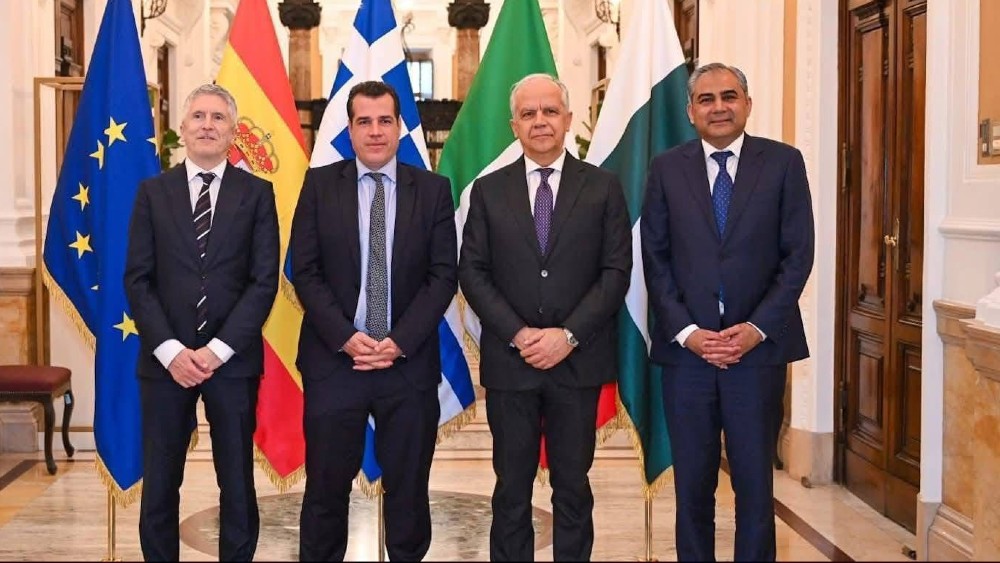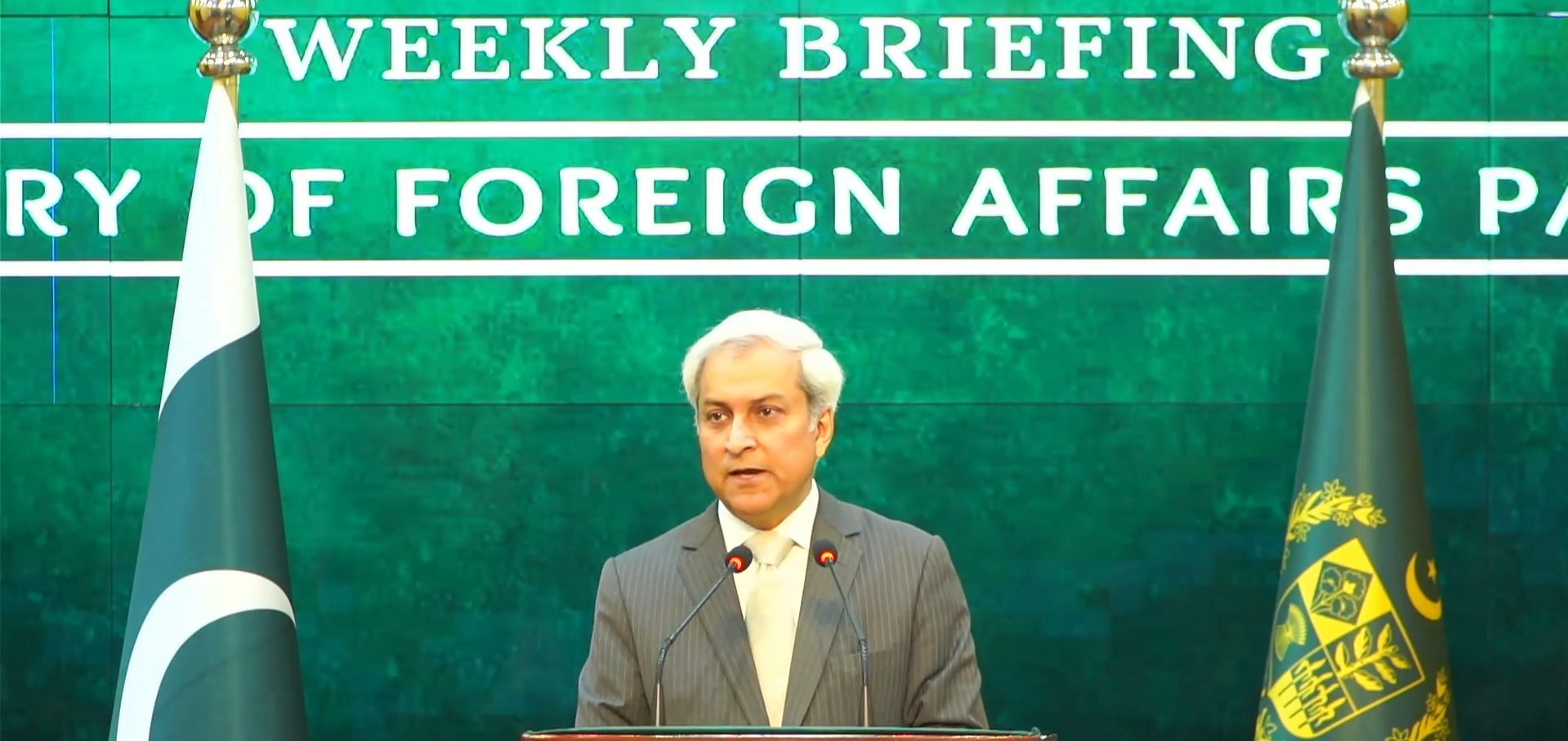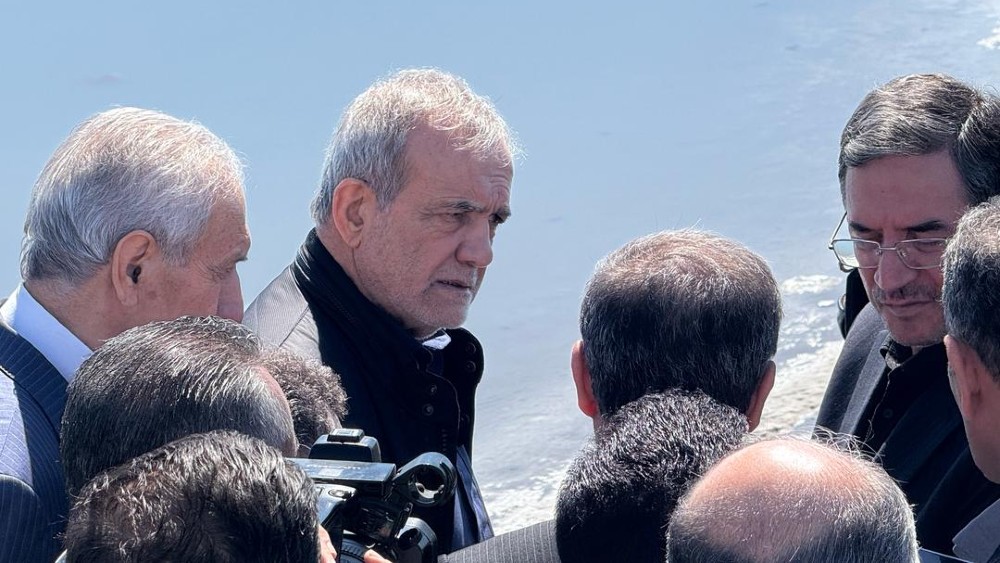ISLAMABAD: Pakistan President Asif Ali Zardari has become the first foreign head of state to visit the Advanced Aircraft Complex of the Aviation Industry Corporation of China (AVIC), the presidency in Islamabad said on Sunday, a major milestone in the growing military partnership between Beijing and Islamabad.
The visit took place in Chengdu during Zardari’s ongoing 10-day trip to China, and included a comprehensive briefing on China’s cutting-edge aviation technologies, including the J-10C fighter jets, JF-17 co-production program, and fifth-generation J-20 stealth aircraft.
AVIC is China's premier state-owned aerospace and defense company, responsible for developing both civilian and military aircraft. Zardari’s tour of the high-security facility also included insights into unmanned aerial vehicles (UAVs), automated production units, and integrated command-and-control systems.
“This visit reflects the depth of the all-weather strategic partnership between Pakistan and China,” the Pakistani presidency said in a statement.
Zardari praised the AVIC’s technological advancements, emphasizing the J-10C's performance during the India-Pakistan military standoff earlier this year. Pakistan had claimed its air force used the Chinese-made jets to shoot down six Indian aircraft, including three French Rafales — although India has not confirmed those figures.
Zardari said the J-10 and JF-17 fighters had “greatly strengthened” Pakistan’s air capabilities, describing the AVIC as a “symbol of China’s innovation and our shared defense vision.”
Deepening defense and technology ties
China remains Pakistan’s largest arms supplier, accounting for over 80% of Islamabad’s military imports over the past five years, according to the Stockholm International Peace Research Institute (SIPRI). This includes advanced fighter jets, missile systems, radars, and air defense technology.
Many of these systems have been co-developed or produced in Pakistan with Chinese technical support. A growing collaboration that both nations have signaled will expand further.
Accompanying President Zardari were Bilawal Bhutto-Zardari, chairman of the Pakistan Peoples Party (PPP), and First Lady Aseefa Bhutto-Zardari. They met with Chinese engineers and scientists, and discussed joint innovation and production strategies.
High-speed rail and infrastructure insights
Following his AVIC visit, Zardari traveled from Chengdu to Mianyang aboard a Chinese high-speed train, covering the 139-kilometer distance in just 30 minutes. The journey highlighted China’s extensive 45,000-kilometer high-speed rail network, the largest in the world.
Zardari praised China's sustainable transportation technologies, particularly pollution-free electric propulsion and earthquake early-warning systems, calling them a model for developing countries like Pakistan.
The president’s China visit follows a recent trip by Prime Minister Shehbaz Sharif, during which Pakistan signed $8.5 billion in investment and joint venture agreements with Beijing.

.jpeg)



.jpg)
